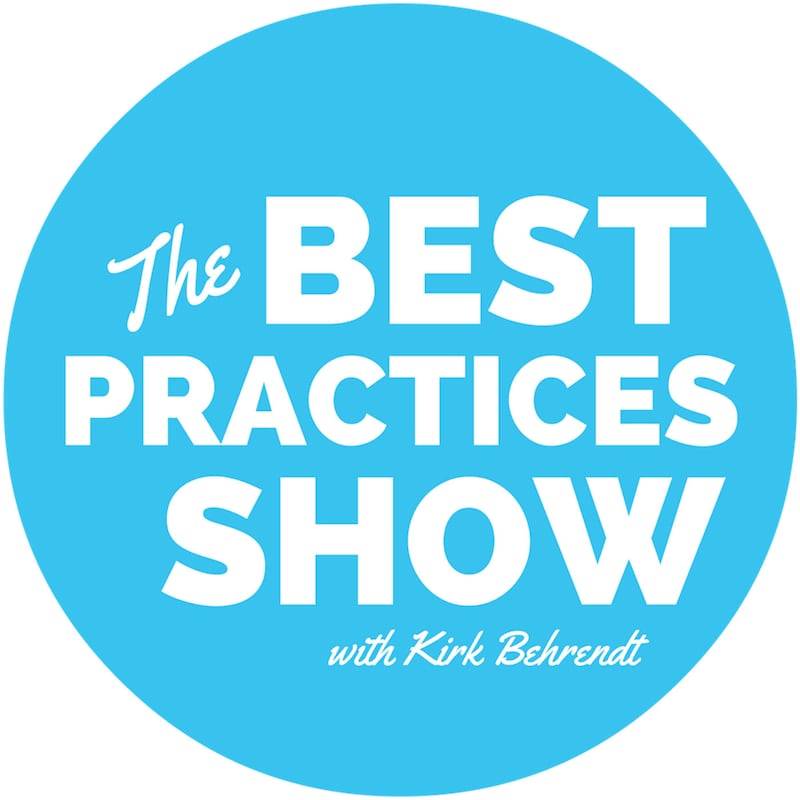It has been an incredible week at the 25th Anniversary Legacy Tour of the Seattle Study Club Symposium in Palm Springs, California. Today, I have three amazing clinicians here to talk about the perio aspect of dentistry. They are all three periodontists. Jason Stoner is a periodontist in Columbus, Ohio. Pat Allen is a periodontist in Dallas, Texas. James Woodyard is a periodontist in Newburgh, Indiana.
We talk about the future of perio and how technology is changing everything. We discuss the importance of having a mentor and belonging to a study club. We talk about taking a holistic view of dentistry and incorporating medical into the practice. This is a great discussion where we get the point of view of three unique practitioners.
You can find the panel here:
Dr. James Woodyard
Dr. Pat Allen
Dr. Jason Stoner
Show Notes
[01:34] Jason Stoner is a periodontist in Columbus, Ohio.
[01:34] Pat Allen is a periodontist in Dallas, Texas.
[01:35] James Woodyard is a periodontist in Newburgh, Indiana
[02:01] Today, we talk about the future of perio and uniqueness that each different doctor brings to the practice.
[02:08] Dr. Allen has been in practice for more than 40 years. He has seen a lot of changes. He has noticed that technology is pushing forward and changing what is done in the office.
[02:53] Dr. Stoner thinks that the new technologies and diagnostic tools that are coming in the next decade are unbelievable.
[03:09] The focus is coming back to saving teeth again. Stem cells and biologic agents from our own bodies are going to make this a very different landscape.
[03:57] When Dr. Woodyard first read about these new technologies, they were too expensive to implement for most patients, but as the technology increases the cost actually goes down making a bright future for perio and advanced technology.
[04:36] Dental implants are wonderful, but nothing we do lasts forever. Teeth are easier to fix than anything, so maybe we need to spend more time trying to save the tooth.
[05:06] We are lucky to have a specialty system. Being able to collaborate with specialists opens a whole new opportunity.
[06:08] Multidisciplinary care means treating more than one discipline on a patient. Interdisciplinary is interacting and coordinating with other disciplines.
[06:37] Common knowledge is important even if you're not the one actually doing the procedure.
[07:00] Creating an interdisciplinary team takes work and communication.
[07:21] Introducing medical into the dental interdisciplinary team is part of the future.
[08:25] Everything that we do is really about inflammation. Inflammation is the enemy.
[09:55] In the 80s there was a multidisciplinary approach to dentistry which has now become more of an interdisciplinary approach.
[10:43] The common theme is that there has never been a more exciting time to be a dentist.
[12:22] Raising awareness in a way that is beneficial to working together. It’s great to collaborate and learn with mentors.
[13:48] Jason believes in coming from a place of abundance. He doesn't understand the scarcity mindset when it comes to technology and working with other specialists.
[14:59] Misconceptions about perio include that it is a dying specialty. When it is really one of the most dynamic specialties. What they have to do to offer a standard of care to their patients now is ever-increasing.
[16:24] Periodontist were becoming associated with being implant specialists. Periodontists take care of patients and do more than just perform implants.
[17:44] Everything a periodontist does the foundation for the mouth.
[18:33] The consequences of nontreatment could be communicated a little better. This is a misconception of the public and sometimes a misconception of the dentist.
[19:40] Technology is making things easier and more affordable and everybody benefits from that.
[20:04] The new diagnostic tools that are coming out are doing what we are supposed to be doing and that is comprehensive care of the patients.
[23:41] Making the effort to find mentors and teachers.
[24:16] Decide and write down what you want from your career and what is going to satisfy you. Then seek out those opportunities and that knowledge.
[26:39] When Pat was looking for mentors, he actually read academic articles and then sought out places where these people were speaking. He made an effort to meet these people.
[27:38] Pat advises young people to go to meetings and to not be afraid to meet these people.
[30:05] The importance of study clubs and meetings and the friends you make there.
[30:38] A study club is a group or community created by dentists to help each other. They put all the knowledge in a bowl and watch it grow.
[32:47] The different disciplines add to a deeper richer treatment plan and they all complement each other.
[34:04] Having continuing education courses every month. They organize them and have a different area of dentistry as a theme each year. Members pay a flat fee.
[34:54] A study club is a group of people coming together to learn as a group. The Seattle Study Club model is a formula for that. It's primarily educational. Although there is a social aspect, you need to be knowledgeable to participate.
[37:17] More headway with the medical community in the future would be good. Things are moving more towards a health model as opposed to a reaction model.
Links and Resources:
Seattle Study Club
Dr. James Woodyard
Dr. Pat Allen
Dr. Jason Stoner




